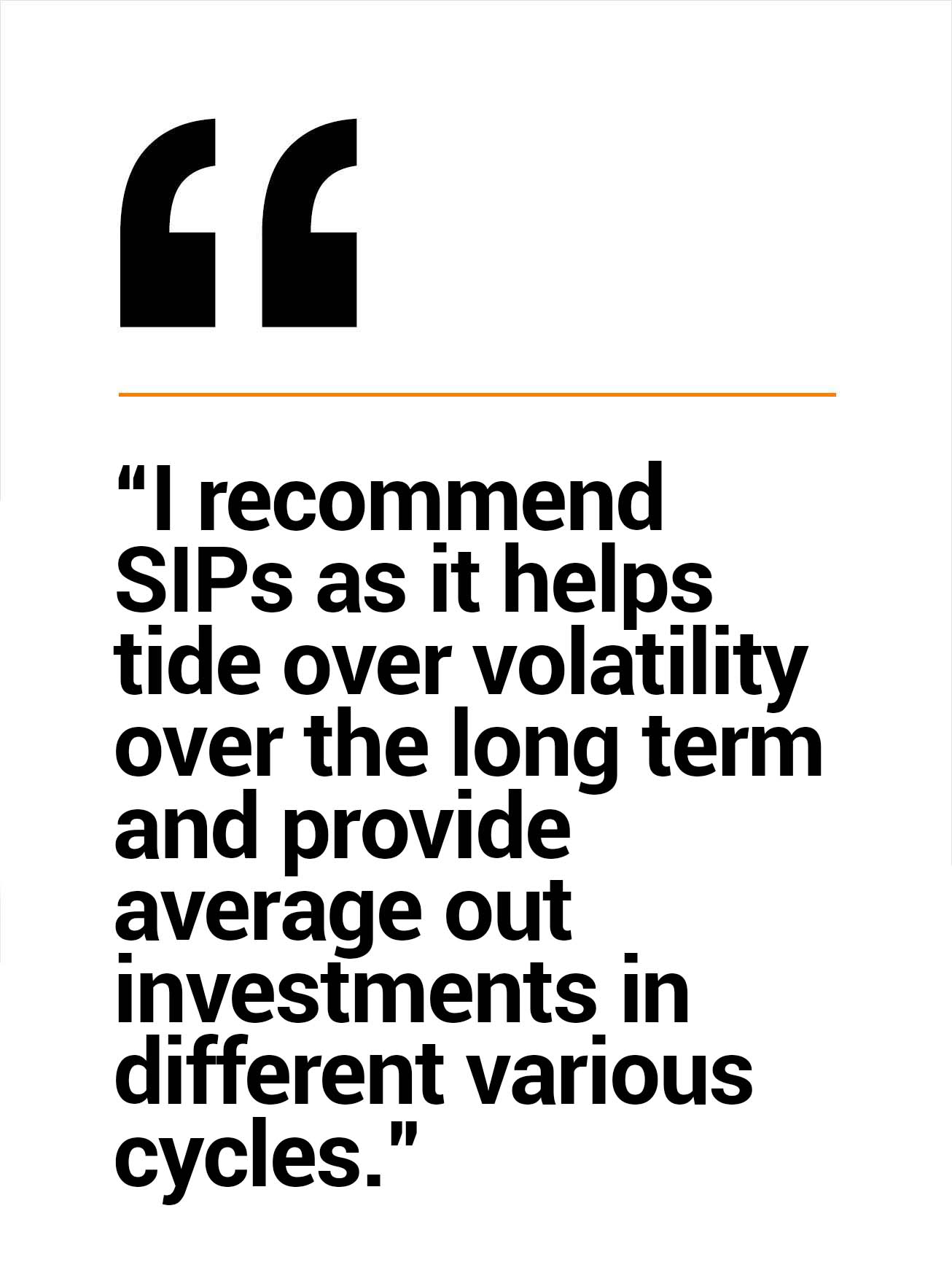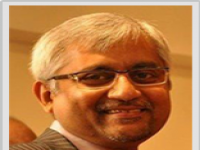During his college days, Mukesh came to know about share broking from his classmate who was a sub-broker. He was fascinated and developed a keen interest in the stock markets. Since he was pursuing CA, he could not make up his mind about giving up the coveted degree. After three years of pursuing taxation, he realized that he was limiting himself to only doing taxation planning for his clients.
Dedhia wanted to be in the markets, which was something close to his heart. He followed his passion and decided to test the waters in the sub-broking business. “As I was already a practicing CA, I had a fallback option if the venture did not take off,” recalls Mukesh.
In 1991, he surrendered his Certificate of Practice and launched a securities business called Ghalla Bhansali with the support of his partners. He built a healthy client base in three years which encouraged him to become a main broker in 1994.
Although Mukesh had made his mark in the broking business, he wasn’t happy with the fact that many people tried to make a quick buck by timing the market. He recalls that many of his clients invested when market was at peak and sold when markets fell. “This is not the way to create wealth,” he says. He started looking for products which could help him mitigate this volatility and help clients stay put for the long term.
In 1997, one of his well-wishers, Sunil Gala of Navneet Publications (India) Ltd advised Mukesh to explore mutual fund distribution. But at that time most brokers were not comfortable selling MFs as it was seen as a threat to their core business.
“There was a fear that if clients invested their savings in MFs, the share of the broking pie would come down,” says Mukesh. Gala introduced Mukesh to a veteran CIO over a lunch meeting. The CIO convinced Mukesh that MFs were the future and not a threat albeit an additional source of investor and income. After the meeting, he decided to start MF distribution.
This interaction helped Mukesh understand the significance of investing in mutual funds through SIP route. Mukesh says, “This helped me develop conviction in SIP. I decided to use SIP to help investors win the battle against volatility. The strategy has helped many investors to grow their wealth.”
By 2000, he had established his firm in the MF sector as well. In the meantime, he also pursued CFP to hone his skills.
Mukesh started promoting SIP at a time when no one even talked about it. He educated his investors about the importance of rupee cost averaging and its compounding effects. He advised his clients to stay put for the long term to grow their wealth through SIPs. “Most of my investors don’t care about short term events like Brexit. All my clients know the benefits of long term investing. The average holding period of my SIP clients is eight years.”
When asked whether he advises lump sum investment in mutual funds, Mukesh says he never recommends lump sum unless there is substantial correction in market. “Instead, I recommend such clients to do STP i.e. put the corpus in liquid fund and invest in equity funds systematically by transferring fixed sum of money every month. Only when market sees huge correction of at least 50%, I advise my clients to invest lump sum. Otherwise, I recommend SIPs as it helps tide over volatility over the long term and provide average out investments in different various cycles.”
His conviction in SIP has helped him generate a SIP book of over Rs.1.50 crore per month with assets under advisory of Rs. 250 crore in mutual funds, most which are in equity funds. He has 5,000 SIPs from 1,500 clients.
Client acquisition and retention strategy
Mukesh never advertises nor does he cold call. He believes that the only way to acquire new clients is referrals. He says that servicing existing clients well helps him acquire new clients. “Advisers should concentrate on delivering better services to clients by using technology, expanding their product basket and providing value added services like tax planning, estate-planning and retirement planning. An adviser should try to focus on delivering services on all aspects of personal finance to grow business. Business will follow if existing clients are satisfied with your services.”
Investors prefer interacting with the same advisor for planning their finances/investments, which is what Dedhia has maintained. Also, Mukesh feels that staying in constant touch with clients help him retain clients. Mukesh says that regular interaction with clients helps him retain clients. “Advisors must not take a cookie cutter approach. Instead of applying the rules mechanically, they must learn to tailor their interaction based on studying the unique needs of each client.”
Shift in investor behavior
Mukesh says that there are broadly two kinds of investors today – investors who have witnessed at least one scam or economic crisis and others who haven’t seen any major events. The former are matured and would like to increase equity exposure when market goes down while the latter press panic button. The latter requires a lot of handholding from advisers.
Fund selection criteria
Many of you may be curious to know how Mukesh shortlists schemes for his clients. He are the three simple steps he follows while shortlisting equity schemes:
· Performance: Past performance is the key to gauge performance of any fund. However, past performance doesn’t merely mean the past returns of the fund for Dedhia. He analyses past performance to analyze the performance of the fund during bear and bull phase. It helps him shortlist funds which are able to limit losses in bear market and which are consistent.
· Process: Mukesh gives reasonably high weightage to process. He believes that a fund house should have a process driven investment style. Overdependence on star fund managers may affect the fund house adversely when they leave the organization. Thus, efficient processes ensure that the fund house is able to deal with such situations.
· Portfolio: Mukesh gives maximum weightage to portfolio construction as a quality portfolio has a better chance to outperform across various market cycles. Mukesh closely monitors each elements of the portfolio. He goes through entire stock selection of a portfolio and sees whether these stocks have adequate liquidity, earning potential and are reasonably valued.
Timing the market for short term benefits can be a risky affair for investors. Mukesh realized this very early and made his clients understand that making money through equity is a long term process. Nudging investors to mitigate volatility through SIPs has benefited both Mukesh and his investors.







